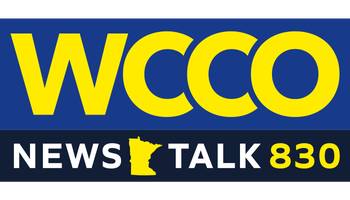Charles Reid, professor at the University of St. Thomas School of Law, recently spoke with WCCO Radio about the different forms of compensation that D-I athletes receive and whether student-athletes should be considered employees.

From the interview:
Host: “It is fascinating to me, and the more you think about it, the more you understand, at least where the young people are coming from. Now why don’t you lay it on me, because I think most people would look at this and say, ‘Look, whether it’s Dartmouth, whether it’s University of St. Thomas or St. John’s, it doesn’t matter when you’re thinking of a student-athlete. They’re sort of receiving payment in the form of a scholarship. But how does the argument go that they would be legally considered employees?’”
Reid: “Well, there are several elements. Number one, they are receiving compensation. In the case of Dartmouth University, they are not on athletic scholarships, but they do receive other forms of compensation. They have apparel that they receive, a $1,000 shoe allowance. There are a number of elements that go into it, and their activities are tightly controlled by the university. They’re told when to practice, they’re told when they must miss class to travel. They are told to come to certain alumni events, to wear certain types of clothing. There’s a tight regulation, regimentation to their activities.”







